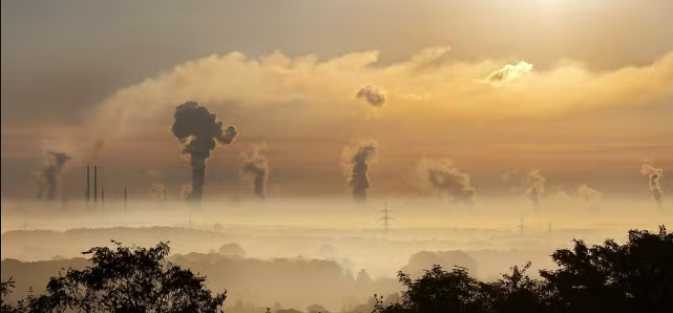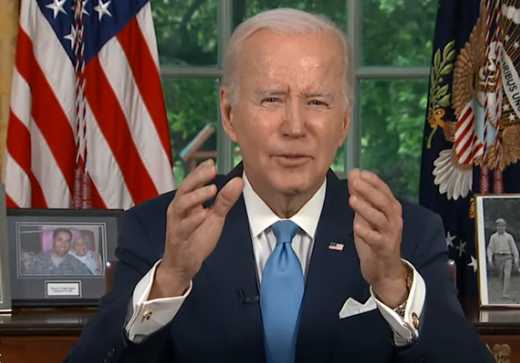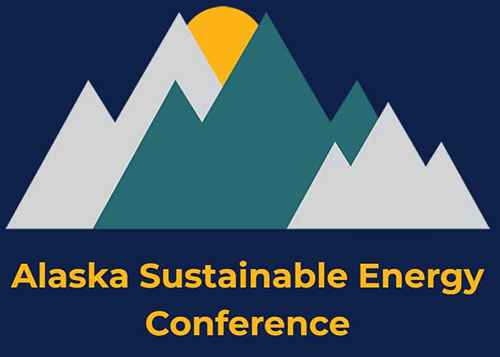 The Arctic Circle Assembly will take place in Reykjavík, Iceland on 19-21 October. The Assembly features 700+ speakers in over 200 sessions: Foreign ministers, climate ministers and leaders of scientific institutions, environmental organizations, businesses and Indigenous communities. Throughout the Assembly, there will be a number of receptions, meetings, and exhibitions on a variety of subjects, including climate change, clean energy, and the blue economy.
The Arctic Circle Assembly will take place in Reykjavík, Iceland on 19-21 October. The Assembly features 700+ speakers in over 200 sessions: Foreign ministers, climate ministers and leaders of scientific institutions, environmental organizations, businesses and Indigenous communities. Throughout the Assembly, there will be a number of receptions, meetings, and exhibitions on a variety of subjects, including climate change, clean energy, and the blue economy.
Over 2000 attendees are predicted to participate from nearly 70 countries. H.E. Anniken Huitfeldt, Foreign Minister of Norway; H.E. Lars Løkke Rasmussen, Foreign Minister of Denmark; H.E. Dr. Sultan Al Jaber, President-Designate of COP28; seven climate ministers from the Nordics and Europe, and other ministers from various countries, will participate in an open dialogue at the Assembly.
The vision of the Norwegian Chairship of the Arctic Council will be discussed, but Norway took over the Chairship from Russia in 2023 and will Chair until 2025. H.E. Dr. Sultan Al Jaber, President-Designate of COP28, will deliver one of his final public speeches before COP28 in Dubai at the end of this year.
André Küüsvek, CEO of Nordic Investment Bank, will speak on the future of Arctic investment and G. Fertram Sigurjónsson, Founder and CEO of Kerecis, and Kristian Villumsen, President and CEO of Coloplast A/S, will speak on the historic sale of the first Arctic Marine Biotech Unicorn, Kerecis.
Leaders of Indigenous communities will participate, e.g. Sara Olsvig, International Chair of the Inuit Circumpolar Council; Aslak Holmberg, President of the Saami Council and Edward Alexander, Director of the Gwich’in Council International. Leaders of the Māori, Indigenous Polynesian people of mainland New Zealand, and the Mamos, Indigenous people of Columbia, will speak on the main stage. Indigenous peoples around the world have a deep connection to the lands and environments they have inhabited for generations. They are among the most vulnerable populations when it comes to the adverse effects of climate change.
Furthermore, the Assembly program includes numerous sessions on business and development, security, defence and the future of cooperation between Arctic States. A specific session will cover NATO’s perspective on the Arctic; the Arctic Policy of the United Kingdom will be discussed and a dialogue dedicated to the participation of Asian Countries in the Arctic will take place at the Assembly.
The third Frederik Paulsen Arctic Academic Action Award (FP Award) will be announced. It is designed to recognize scientific and academic initiatives that are action-oriented and hold potential for addressing the challenges posed by climate change. The prize comes with a 100,000-euro unrestricted grant.
[content id=”79272″]







